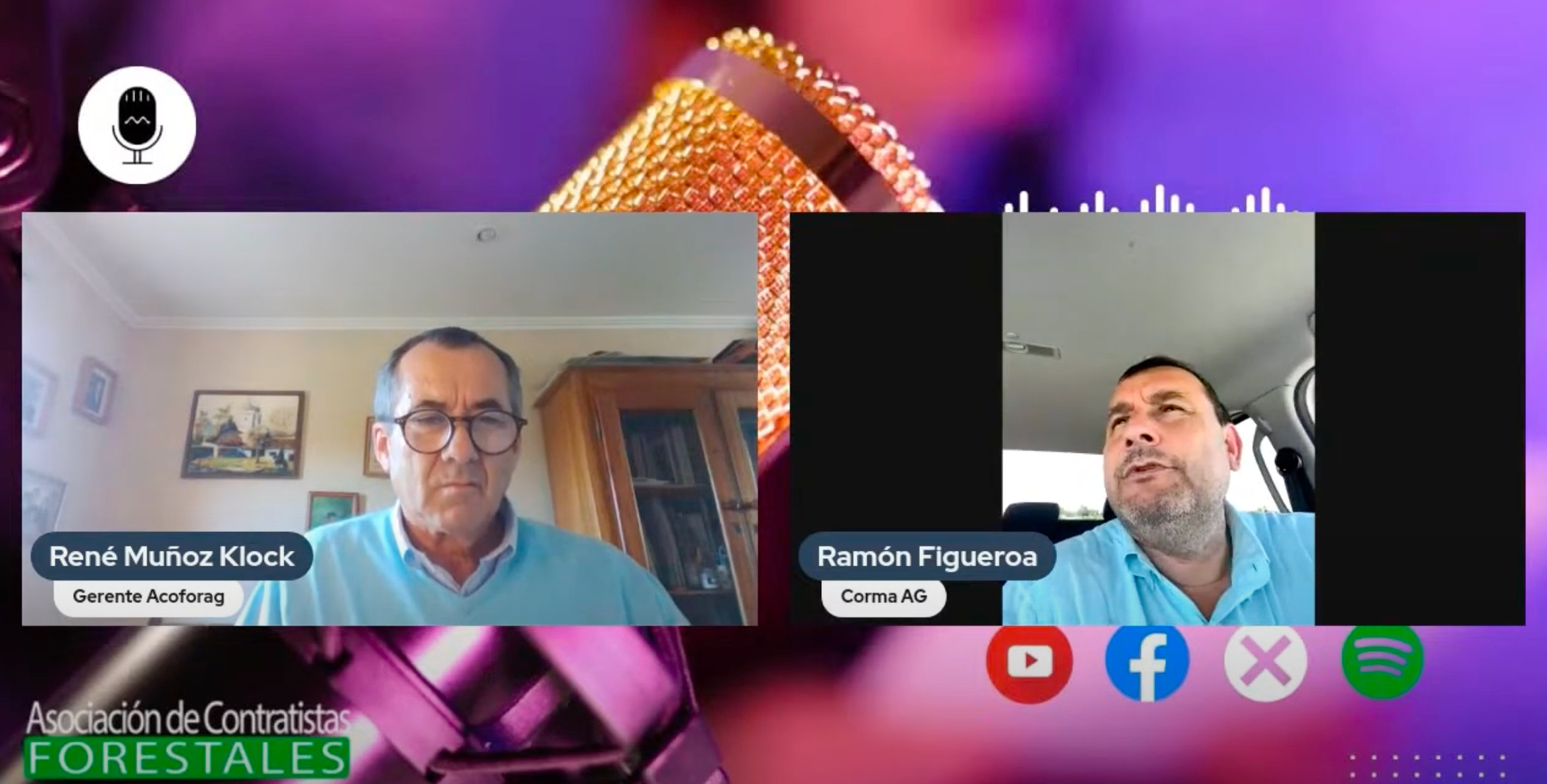The 2022-2023 season left a regrettable record of 430,000 hectares burned due to nearly 6,000 wildfires in Chile. Following these devastating events, the question arises: Will we be better prepared for the upcoming season?
Although public and private resources allocated to firefighting have increased, experts like Ramón Figueroa, president of the Forest Protection Department of Corma AG, warn that we are still far from the optimal capacities needed, considering the growing threat.
Some encouraging aspects
The 2023-2024 season is initially forecasted to have fewer fire occurrences due to relatively normal rainfall explained by the El Niño phenomenon.
Additionally, more forest brigades are expected to work at night, which is crucial given that around 30% of wildfires occur during the early morning hours.
Another positive development is the establishment of working groups between public authorities and private companies to coordinate early warnings and stronger responses during high-risk periods.
Prevention and community: Pending tasks
Despite these encouraging signs, much remains to be done. In part because Chile will continue to have people using fire negligently or intentionally—the vast majority of wildfires are human-caused.
And in that regard, the major deficit lies in prevention. There are no massive communication campaigns to educate citizens, especially younger generations, about the severe damage caused by wildfires. These campaigns cannot happen only when summer approaches; they must be permanent.
Another hope lies in the community-based wildfire prevention network, which currently includes 450 local committees. Its institutionalization is expected to enable year-round coordinated work with public and private support, alerting and combating fires early in their territories.
Learning from mistakes
Chile seems to be making progress, but not enough. And the truth is, there are no absolute success stories worldwide. As Ramón Figueroa warns, no matter how modern or costly technological resources may be, nature's fury is often unstoppable in extreme situations.
The keys appear to lie—more than in sophisticated firefighting methods—in social prevention, forest management, land-use practices, and policies and institutions that enforce the law exemplarily when fires are deliberately set. Only then will we achieve less catastrophic seasons.
We invite you to watch the full episode of "Conversando con Acoforag," where expert Ramón Figueroa delves deeper into these challenges, available on Acoforag's YouTube channelor to listen as a podcast on Spotify. It’s an interesting conversation to gain more context about the reality of wildfires in Chile and the path ahead in prevention and firefighting.







Comments (0)
No comments yet. Be the first to comment!
Leave a comment